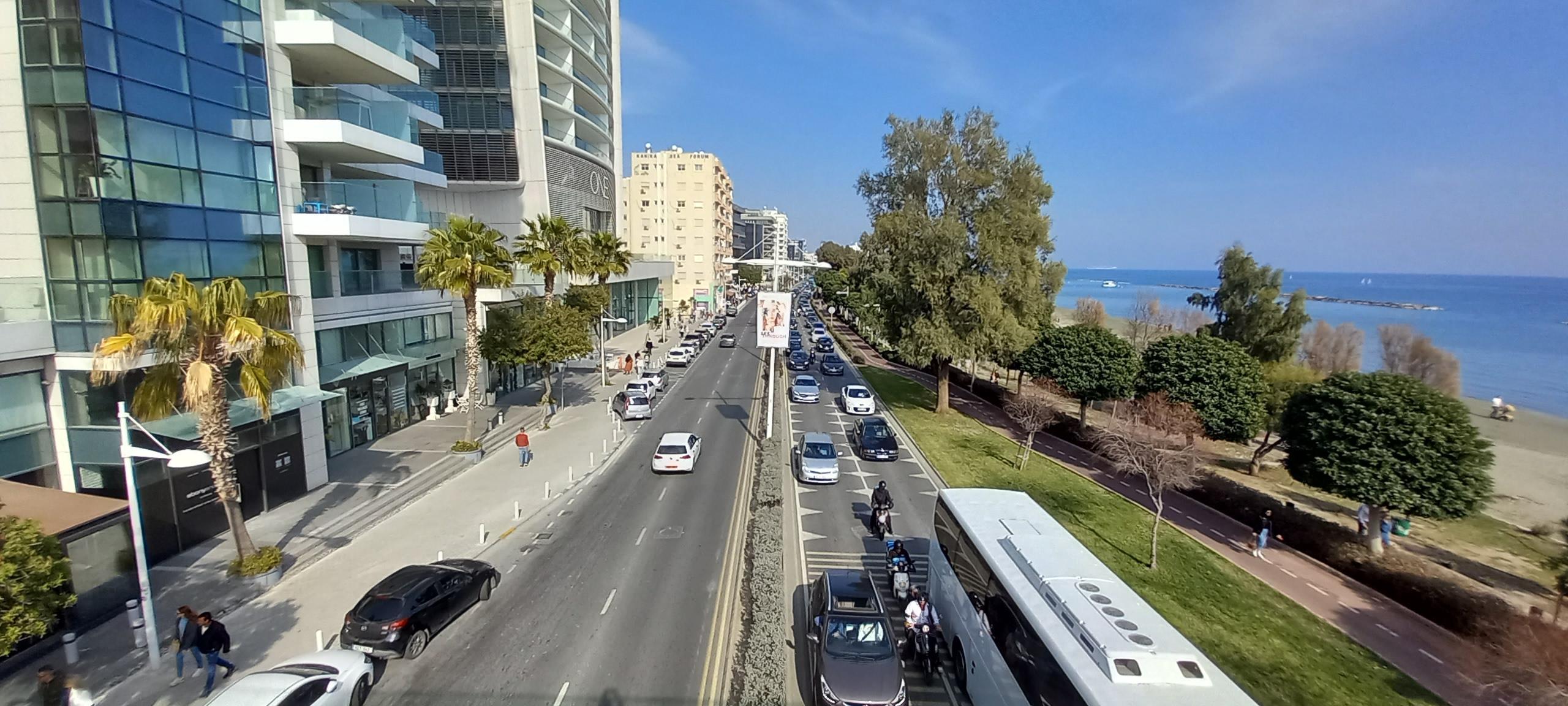The issue of housing affordability remains one of the most pressing challenges for governments worldwide. Rising prices for construction materials and land, supply chain delays, and a shortage of skilled labor are all putting increasing pressure on real estate markets.
In Cyprus, the situation remains difficult — rapidly rising housing prices and limited household incomes create serious barriers for young families and vulnerable groups.
However, the government has implemented a comprehensive national housing strategy, which has already produced tangible results and continues to expand in 2025.
Half a Billion Euros to Support Citizens: Results of a Decade-Long Program
According to the Cyprus Ministry of Interior, from 2015 to September 2025, the state allocated over €483 million for housing programs, enabling more than 16,000 families to acquire or improve their homes.
These initiatives include support for mountainous, border, and rural areas, as well as special programs for young families and displaced persons affected by past conflicts.
Reviving Mountain and Border Regions: Over 1,500 New Homes
One of the key initiatives — the Housing Plan for the Revitalization of Mountainous, Border, and Remote Areas — has been in place since 2019. Recently, its duration was extended until December 31, 2025.
Since its launch, 1,577 applications have been approved, most of them in Nicosia (604), Limassol (193), and the Free Famagusta District (539).
The total program budget amounts to €66.7 million, with state assistance ranging from €35,000 to €70,000 per household, depending on family composition and location.
Revitalizing Rural Communities: €5 Million to Support Villages
The Rural Regeneration Program, also launched in 2019, aims to sustain life in small villages and rural communities.
By September 2025, 311 applications had been approved, totaling €5 million in funding.
Subsidies range from €15,000 to €20,000, and new applications will continue to be accepted through the end of 2025.
The government has already announced plans to update the program’s conditions in 2026, making participation more flexible and accessible.
Helping Young Families: €9.6 Million Already Distributed
To support young Cypriot families, a separate initiative — the Housing Subsidy Scheme for Young Couples and Citizens under 41 — has been introduced.
Since its launch, 664 applications have been submitted, 261 approved, and 245 under review.
By district: 125 from Nicosia, 35 from Limassol, 45 from Larnaca, 12 from Paphos, and 44 from the Free Famagusta District.
So far, the government has allocated €9.6 million, with the maximum subsidy set at €50,000.
The program supports the purchase, construction, or renovation of housing in cities and municipalities formed after the local government reform.

Support for Displaced Persons: €402 Million and Tens of Thousands of Beneficiaries
The largest share of public spending goes to the Service for the Care and Rehabilitation of Displaced Persons.
Between 2015 and September 2025, more than €402 million has been distributed to support 15,325 beneficiaries.
Under this initiative, housing purchase or construction aid ranges from €20,000 to €40,000, while renovation assistance varies between €10,000 and €12,500.
In December 2024, the Cyprus Cabinet approved a series of amendments to simplify procedures and expand eligibility.
Key adjustments include:
- Raising income thresholds by €5,000,
- Increasing the age limit for students studying abroad,
- Reducing the minimum eligible building age from 20 to 15 years for renovation grants.
These measures have broadened access to programs and accelerated subsidy approvals.
Government Strategy for 2026: More Affordable Housing and Digitalized Processes
The Cypriot government plans to continue implementing its national housing strategy in 2026, focusing on:
- Digitalization of application procedures,
- Improved transparency, and
- Increased funding for young professionals and low-income families.
It is also considering new low-interest loan schemes and the development of social housing projects in cooperation with the private sector and municipalities.
According to the Minister of Interior, Cyprus aims not only to address immediate challenges but to build a sustainable housing development model — one that ensures affordable, high-quality housing for citizens in the long term.
